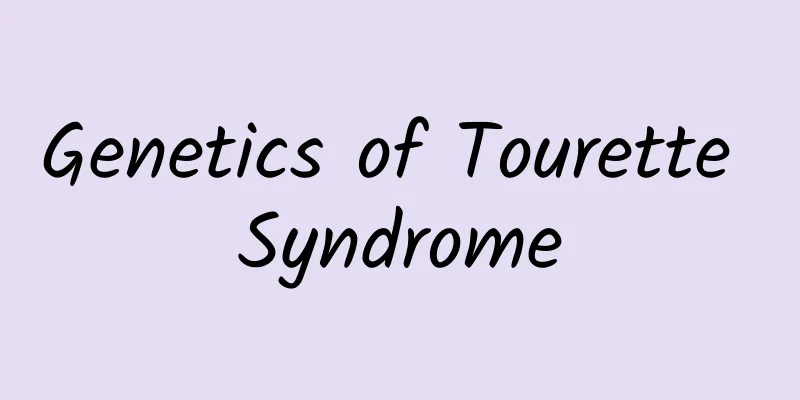Genetics of Tourette Syndrome

|
There are many causes of tics, but there is no clear introduction yet. Because the factors that cause tics are different for different people, most of them are related to normal pathological causes. Patients with tics usually need to be diagnosed to know whether the disease is hereditary. Pathological etiology The causes of tics in children are not yet fully understood. It is believed that children with special qualities are prone to develop abnormal motor conditioned reflexes when they have various mental factors or imitate the actions of others. Disease diagnosis 1. Tourette syndrome This syndrome is often characterized by multiple groups of muscle twitching, a variety of involuntary movements at the same time, and accompanied by involuntary glottal moans or swearing (obscene words). Therefore, the multiple tics and the accompanying obscene words are the characteristics of this syndrome. 2. Attention deficit hyperactivity disorder. Attention deficit hyperactivity disorder is completely different from the muscle twitching of tics, and is accompanied by attention deficit and impulsivity, so it is not difficult to distinguish. 3. Epilepsy Certain types of epilepsy, such as temporal lobe epilepsy, may cause movements such as lip smacking; myoclonic epilepsy has symptoms of local muscle twitching, but epilepsy is often paroxysmal, while tics are more frequent. Epileptic seizures are generally not under volitional control, whereas tics can be controlled by volition for a short period of time. Epilepsy often has impaired consciousness and special changes in the electroencephalogram, while tics do not have such changes. 4. Chorea This is caused by rheumatic lesions involving the extrapyramidal system, and there may be involuntary and unconscious movements of the limbs and face. In addition, there may be changes in body temperature, erythrocyte sedimentation rate, C-reactive protein and ASO. There was a streptococcal infection before the onset of the disease, which helps to differentiate it from tics. Inspection method Laboratory tests: Routine examinations of blood, urine and stool were normal. Other auxiliary examinations: Electroencephalogram (EEG) and other examinations should be performed; some children may have abnormal patterns. complication It can cause psychological disorders such as inferiority complex, anxiety, and affect social interaction in children. |
Recommend
What are the treatments for liver qi disharmony?
Traditional Chinese medicine has pointed out that...
Peptic ulcer
We often cause certain changes in our digestive t...
When is the best time to take effervescent tablets?
Effervescent tablets are something that supplemen...
What are the acupuncture points for moxibustion weight loss?
Some people's obesity may be caused by stomac...
What to do about angular cheilitis
Angular cheilitis is mainly caused by some differ...
Can pumpkin powder lower blood sugar?
Pumpkin powder, as the name suggests, is the name...
What is the self-treatment method for cervical spondylosis?
Nowadays, the number of offices has increased sha...
Why do I always feel hungry?
We have to eat three meals a day. If we skip one ...
Modified prescription of Buzhong Yiqi Decoction
Traditional Chinese Medicine is a traditional Chi...
Disadvantages of rib rhinoplasty
There are many methods of rhinoplasty now. The pu...
Is it better to transfer fresh embryos or frozen embryos?
The IVF method can effectively increase the chanc...
Placenta Benefits
What are the effects of placenta, or what benefit...
Causes of calcium deficiency
Calcium deficiency is a common disease in life no...
Causes of skin allergies
Skin diseases are very common nowadays, especiall...
Dry mouth and headache
There are many causes of dry mouth and headaches....









